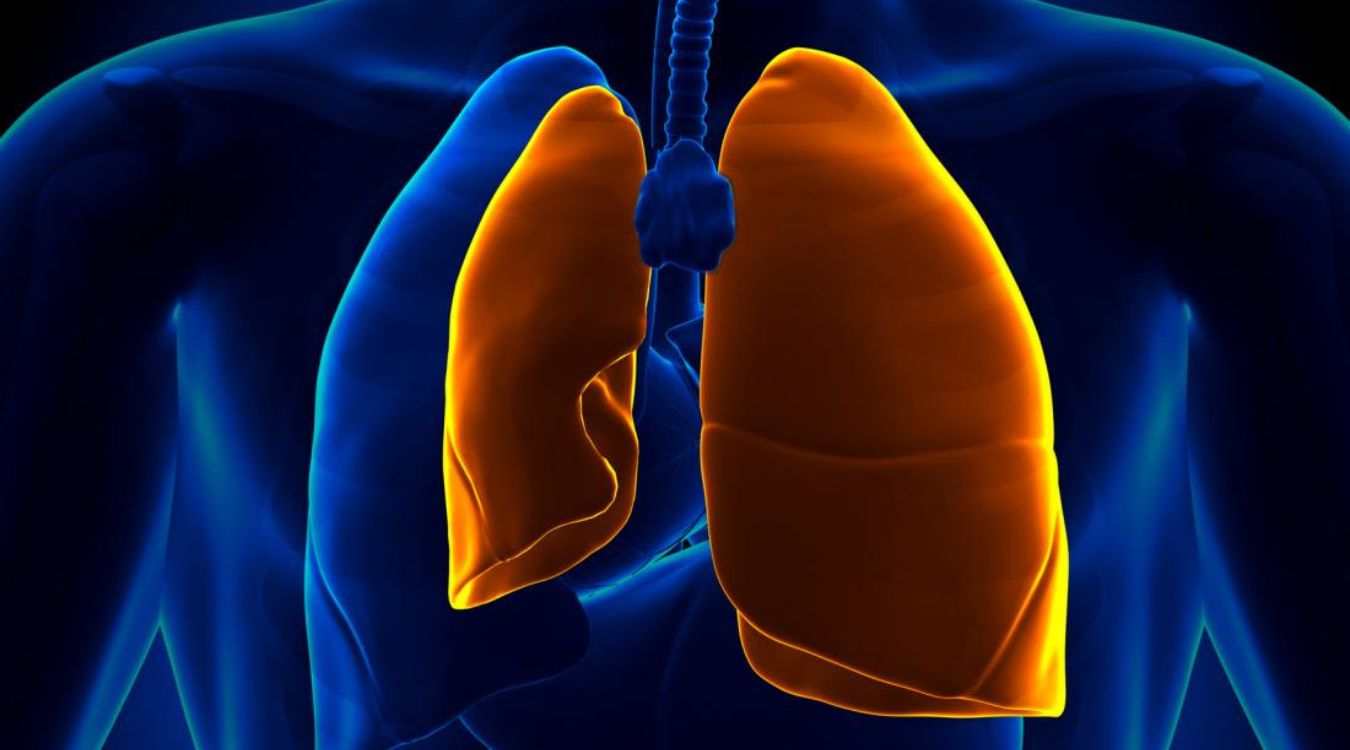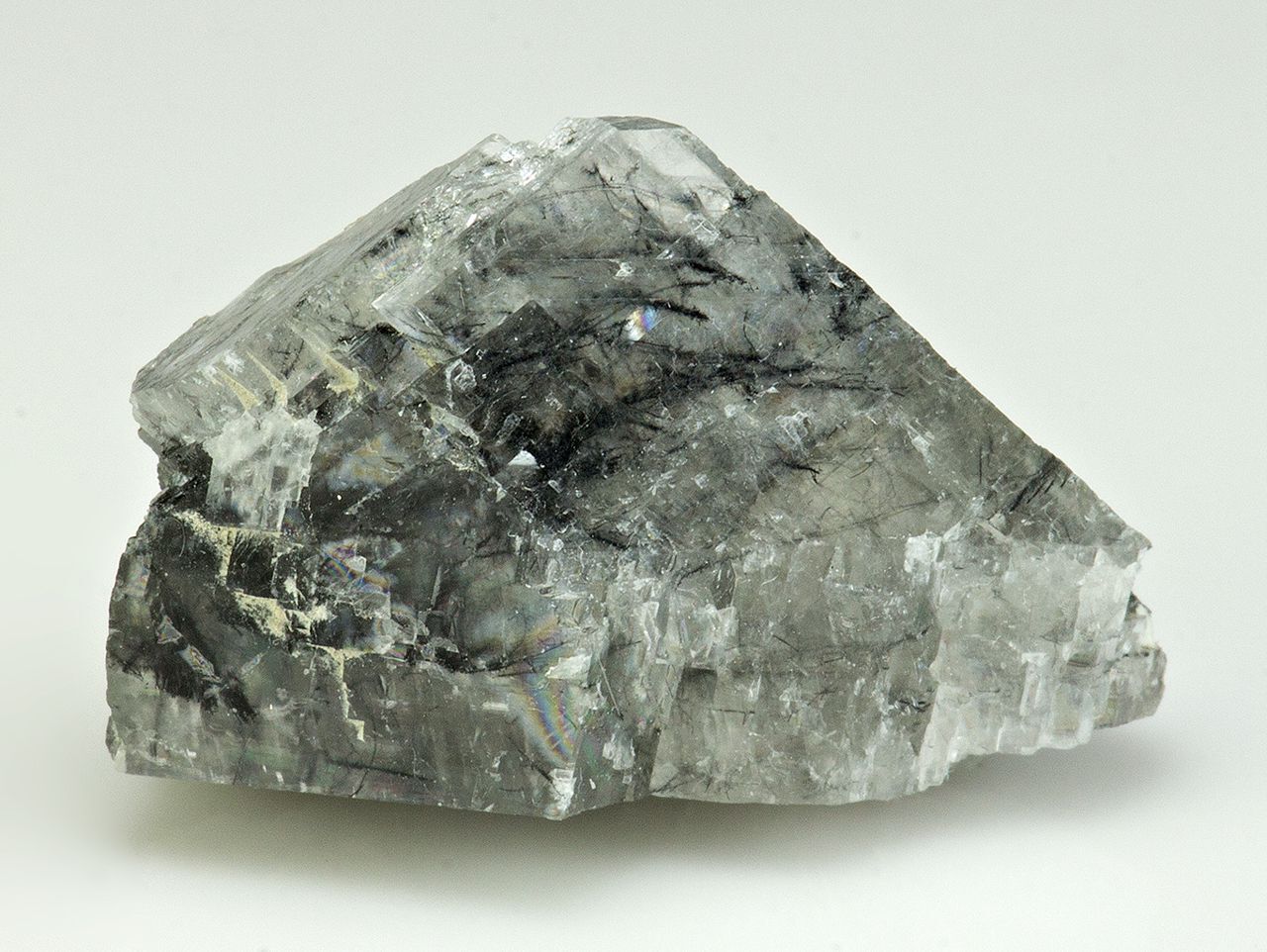
Pelvic Congestion Syndrome (PCS) is a medical condition that affects many women, yet remains relatively unknown. PCS occurs when varicose veins develop around the ovaries, leading to chronic pelvic pain. This pain can be dull, aching, or sharp, often worsening after long periods of standing or during menstruation. Symptoms may include pain during intercourse, lower back pain, and leg swelling. Despite its prevalence, PCS is frequently misdiagnosed, leaving many women without proper treatment. Understanding the causes, symptoms, and treatment options for Pelvic Congestion Syndrome can help those affected find relief and improve their quality of life. Let's dive into 53 essential facts about this condition.
Key Takeaways:
- Pelvic Congestion Syndrome (PCS) is a chronic condition that mainly affects women of childbearing age. It can cause pain, discomfort, and other symptoms in the pelvic region, but can be managed with treatments like hormonal therapy and lifestyle changes.
- PCS can lead to a variety of symptoms, from dull aches and heaviness to urinary problems and painful intercourse. It's often misdiagnosed, but can be diagnosed through imaging tests and managed with minimally invasive procedures and lifestyle adjustments.
What is Pelvic Congestion Syndrome?
Pelvic Congestion Syndrome (PCS) is a chronic condition that affects many women, causing pain and discomfort in the pelvic region. It occurs when varicose veins form in the lower abdomen, leading to blood pooling and increased pressure. Understanding PCS can help manage symptoms and improve quality of life.
- PCS primarily affects women of childbearing age.
- The condition is often misdiagnosed due to its vague symptoms.
- PCS is caused by malfunctioning valves in pelvic veins.
- Symptoms can worsen after long periods of standing or sitting.
- PCS pain is often described as a dull ache or heaviness.
- Hormonal changes during pregnancy can exacerbate PCS.
- PCS can lead to painful intercourse.
- The condition may cause visible varicose veins in the buttocks or thighs.
- PCS is sometimes mistaken for other gynecological issues.
- Chronic fatigue is a common symptom of PCS.
- PCS can cause urinary problems, such as frequent urination.
- The condition may lead to irritable bowel syndrome (IBS) symptoms.
- PCS can be diagnosed through imaging tests like ultrasound or MRI.
- Hormonal treatments can help manage PCS symptoms.
- Lifestyle changes, such as regular exercise, can alleviate PCS pain.
- Compression garments may provide relief for PCS sufferers.
- PCS can affect mental health, leading to anxiety or depression.
- The condition is more common in women with multiple pregnancies.
- PCS can cause lower back pain.
- Some women with PCS experience leg pain or swelling.
- PCS symptoms can vary in intensity from mild to severe.
- The condition can be managed with minimally invasive procedures.
- PCS is often underreported due to embarrassment or stigma.
- Pelvic vein embolization is a common treatment for PCS.
- PCS can impact a woman's ability to work or perform daily activities.
- The condition may cause menstrual irregularities.
- PCS can lead to pelvic floor dysfunction.
- Some women with PCS experience pain during bowel movements.
- PCS can be hereditary, running in families.
- The condition is often diagnosed through a process of elimination.
- PCS can cause bloating or abdominal distension.
- Some women with PCS report feeling a constant pressure in the pelvis.
- PCS can be mistaken for endometriosis.
- The condition may cause pain that radiates to the hips or thighs.
- PCS can lead to sexual dysfunction.
- Some women with PCS experience pain relief after menopause.
- PCS can cause varicose veins in the vulva.
- The condition may lead to chronic pelvic pain syndrome (CPPS).
- PCS can be triggered by hormonal contraceptives.
- Some women with PCS find relief through yoga or meditation.
- PCS can cause pain that worsens after physical activity.
- The condition may lead to pelvic organ prolapse.
- PCS can cause pain that interferes with sleep.
- Some women with PCS experience pain relief during pregnancy.
- PCS can be managed with anti-inflammatory medications.
- The condition may cause pain that is cyclical, worsening during menstruation.
- PCS can lead to a decreased quality of life.
- Some women with PCS find relief through acupuncture.
- PCS can cause pain that is localized to one side of the pelvis.
- The condition may lead to a feeling of fullness or heaviness in the pelvis.
- PCS can cause pain that is sharp or stabbing.
- Some women with PCS experience pain relief after weight loss.
- PCS can be managed with a combination of treatments tailored to the individual.
Understanding Pelvic Congestion Syndrome
Pelvic Congestion Syndrome (PCS) affects many women, causing chronic pelvic pain. Recognizing the symptoms early can lead to better management. Common signs include dull, aching pain in the lower abdomen, especially after standing or during menstruation. PCS often goes undiagnosed because its symptoms mimic other conditions.
Treatment options vary. They range from lifestyle changes and medications to more invasive procedures like embolization. Consulting a healthcare provider is crucial for an accurate diagnosis and effective treatment plan.
Awareness about PCS can improve quality of life for those affected. Sharing information and experiences helps break the silence around this condition. If you or someone you know shows symptoms, seek medical advice promptly. Early intervention can make a significant difference. Stay informed, stay proactive, and support those dealing with PCS.
Frequently Asked Questions
Was this page helpful?
Our commitment to delivering trustworthy and engaging content is at the heart of what we do. Each fact on our site is contributed by real users like you, bringing a wealth of diverse insights and information. To ensure the highest standards of accuracy and reliability, our dedicated editors meticulously review each submission. This process guarantees that the facts we share are not only fascinating but also credible. Trust in our commitment to quality and authenticity as you explore and learn with us.


